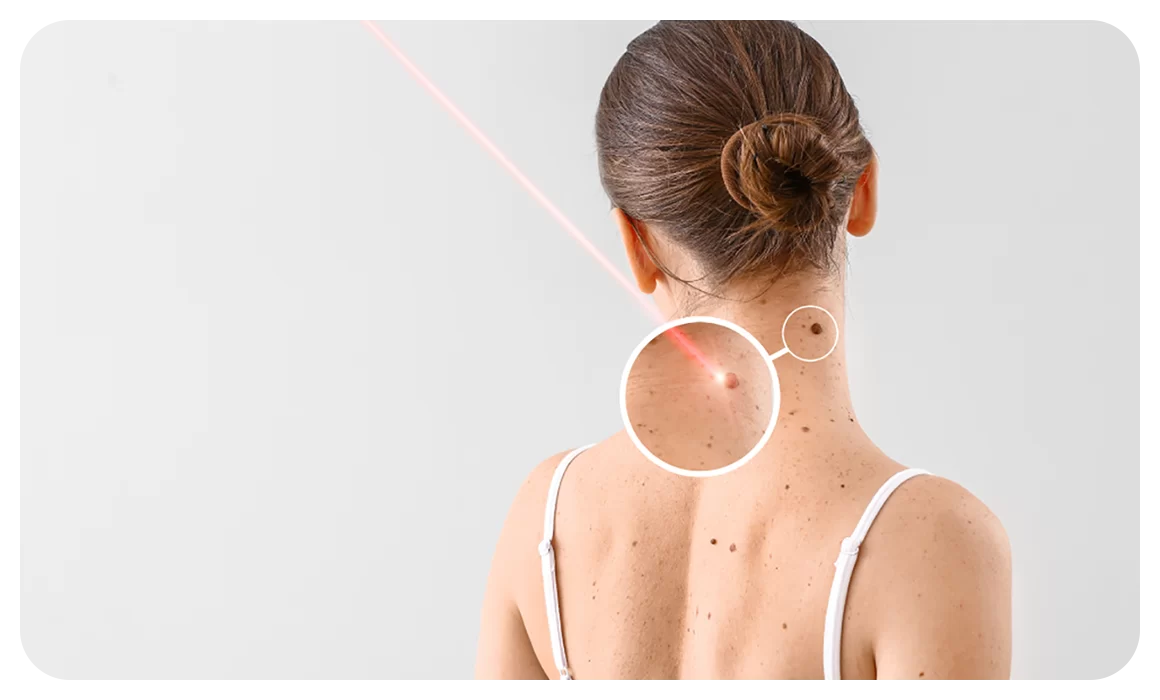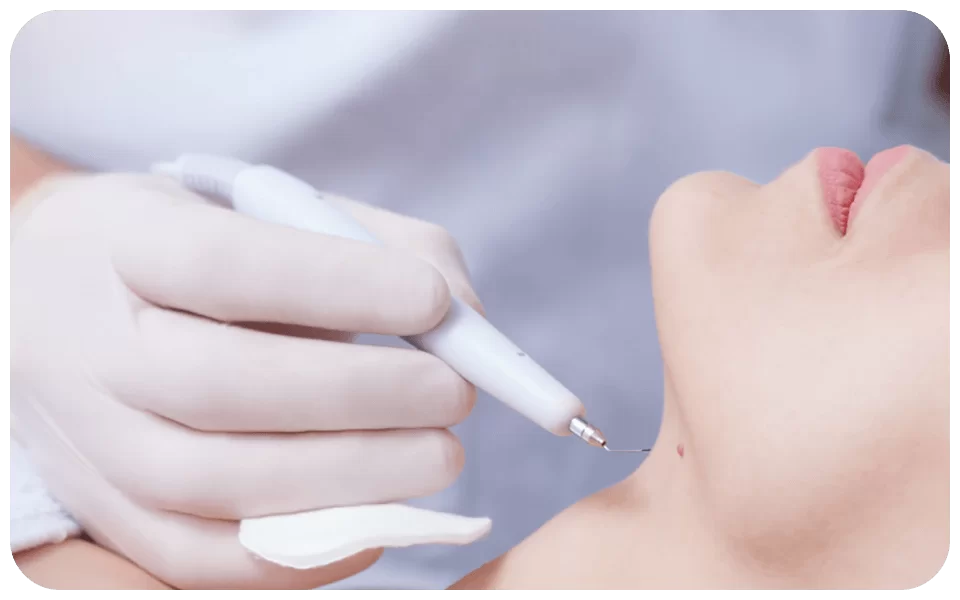Lymphedema in Abu Dhabi
Elyzee Hospital is one of the best medical centers in Abu Dhabi specializing in Lymphedema.

Lymphedema in Abu Dhabi at Elyzee Hospital
The chronic condition known as lymphedema involves an accumulation of lymphatic fluid that triggers swelling and discomfort throughout different parts of one’s body. Although finding a definitive cure remains elusive at present circumstances; certain surgical strategies have emerged as effective means for managing and mitigating its related symptoms. Through this discourse/article we aim at thoroughly examining multiple aspects related to lymphedema procedures; inclusive but not limited to elucidating their advantages; highlighting ideal candidates deserving consideration; discussing nuances surrounding initial consultations; delineating treatment particulars themselves ; outlining post operative recuperation essentials ; imparting final results’ expectations and concluding with a comprehensive question and answer session addressing commonly raised queries of both general and specific nature.
The Benefits of Lymphedema Procedures
For individuals afflicted by lymphedema—a chronic ailment causing considerable distress—lymphedema procedures offer notable benefits that cannot be overlooked. Chief among them is their capacity to substantially diminish both swelling and discomfort experienced by those suffering from this persisting condition. The fundamental goal driving such interventions revolves around enhancing the movement of lymphatic fluid while simultaneously reducing its accumulation in affected parts of the body. By skillfully targeting the root cause of lymphedema. These procedures grant individuals a respite from their swelling and alleviate discomfort. And substantially elevate overall mobility and quality of life.

One more benefit offered by lymphedema procedures is the potential for preventing or reducing complications. Lymphedema poses risks such as repeated infections, changes in the skins’ appearance and texture as well as decreased mobility in limbs. Effective surgical interventions aid in managing these complications while minimizing their adverse effects on an individuals’ everyday life. By opting for surgical intervention for lymphedema treatment purposes alone individuals can hope for a decrease in infection occurrences along with better overall skin health and enhanced function when it comes to using affected limbs.
Additionally. It is important to highlight that lymphedema procedures offer enduring benefits. While a comprehensive remedy for this malady may remain elusive at present time. Surgical interventions have proven their efficacy when it comes to diminishing swelling and effectively handling persistent symptoms over the long term. Thus. Embracing such interventions undoubtedly plays a crucial role in bolstering extensive management strategies and fostering overall well being.
The Best Candidate for Lymphedema Procedures
The best candidates for lymphedema procedures are individuals who have been diagnosed with lymphedema and have tried conservative treatment options without significant improvement. Ideal candidates are generally in good overall health and have realistic expectations about the outcomes of the procedure. Before proceeding with any lymphedema procedures it is crucial to seek guidance from a highly skilled and experienced surgeon in order to ascertain your suitability for the treatment.
Within this essential consultation period resides an earnest evaluation by your surgeon who meticulously appraises both your particular condition as well as medical chronicle alongside assessing their compatibility with desired outcomes. Subsequently exploring numerous viable avenues for treating lymphedema while concurrently engaging in an insightful discussion expounding on prospective therapeutic ramifications inclusive of their respective perilous implications yields assurance upon comprehending said implications ensures selection resonates flawlessly congruent towards personal ambitions newly discovered through sheer dedication.
Consultation with a Doctor and Preparation for the Procedure
Prior to undergoing any kind of lymphedema surgery or procedure it is crucially important that you arrange an initial consultation with an esteemed surgeon who possesses specialized knowledge in effectively managing cases like yours. During this preliminary meeting which serves as an ideal platform for establishing mutual trust right away they would attentively review your medical history taking careful consideration of its every aspect before proceeding further into evaluating not only how severe but also how extensive has been its impact thus far according which they can tailor their approach accordingly so as best cater towards addressing all possibilities whilst remaining mindful about fulfilling each patient’s individual goals simultaneously.
By taking their time out patiently discussing various aspects pertaining directly onto themselves such as what exactly constitutes as realistic expectations in terms of potential outcomes while explaining all procedural techniques at length along emphasizing any risks involved which ultimately helps towards ensuring comprehensive understanding has been achieved thereby enabling patients like you a real opportunity to seek clarifications answers any queries or even raise concerns allay doubts if necessary thereby enabling both parties reach certain degree mutual agreement ensures smooth passage onto next step.
To ensure a successful lymphedema procedure the surgeon will offer you personalized instructions. These instructions may involve maintaining a steady body weight. Wearing compression garments. And adopting a healthy lifestyle before the procedure. By adhering to these pre-procedure guidelines you can enhance your chances of obtaining optimal results while reducing any potential complications.
What's Happening During the Procedure
Lymphedema procedures can involve various techniques depending on the individual’s condition and the severity of lymphedema. Some common surgical interventions include lymph node transfer, lymphaticovenous anastomosis (LVA), and liposuction.
Lymph node transfer involves the transplantation of healthy lymph nodes from one part of the body to the affected area. This procedure aims to improve lymphatic drainage and reduce swelling. LVA involves creating small connections between the lymphatic vessels and nearby veins to redirect the flow of lymphatic fluid. This helps alleviate the accumulation of fluid and reduces swelling. Liposuction, in contrast, aims to eliminate surplus fat from the affected region to enhance the overall lymphatic flow and decrease size.
The technique utilized will vary based on the individual’s medical condition and the skill level of the surgeon. Depending on the complexity of the surgery and the personal choices of both the patient and surgeon it can be conducted under general anesthesia or local anesthesia with sedation.
After the Procedure and Recovery
Once patients undergo the lymphedema procedure, they might experience several consequences like swelling, bruising,and discomfort localized to the treated area. With an aim to facilitate their healing journey after this intervention, surgeons typically provide post-procedure instructions involving tasks such as wearing compression garments for added support, scheduling regular lymphatic drainage massages ,and abstaining from demanding physical activities during initial recovery stages.
The duration of the recovery period for lymphedema procedures can fluctuate based on the scope of the surgery and an individual’s healing capabilities. Typically. Patients can anticipate the resumption of light activities within a few weeks. With a gradual increase in their overall level of activity as time progresses. It is crucial to adhere to all post procedure guidelines provided by the surgeon in order to effectively enhance your recovery process and attain optimal results.
Final Result
The noticeable improvements from lymphedema procedures emerge as the swelling diminishes and the body undergoes healing. Patients can anticipate a decrease in swelling and improved lymphatic drainage. And heightened overall function and comfort. While each person’s experience may vary. The primary objective of this procedure is to provide lasting advantages in managing and reducing lymphedema symptoms. The ultimate result frequently leads to an enhanced quality of life that profoundly impacts overall well being.
Conclusion
In their battle against lymphedemas persistence individuals can discover respite through an assortment of beneficial options provided by lymphedema procedures. These measures diligently work towards diminishing swelling. Successfully managing symptoms and skillfully warding off potential complications synonymous with this enduring condition. Before embarking on a decision regarding a possible course of action—such as opting for a specific type of surgical intervention—it is essential to schedule a consultation with a highly regarded surgeon with expertise in lymphedema management. Such a consultation will prove invaluable in identifying the path most appropriate for addressing your unique condition.

FAQs
Lymphedema procedures do not have the ability to fully eradicate lymphedema. As this condition is of a persistent nature. Nevertheless. These procedures can be effective in effectively managing and alleviating the symptoms that are closely associated with lymphedema. Such as swelling, discomfort, and complications. The principal objective of these procedures is to enhance the individuals quality of life and contribute to their overall well being.
Lymphedema procedures do not have the ability to fully eradicate lymphedema. As this condition is of a persistent nature. Nevertheless. These procedures can be effective in effectively managing and alleviating the symptoms that are closely associated with lymphedema. Such as swelling, discomfort, and complications. The principal objective of these procedures is to enhance the individuals quality of life and contribute to their overall well being.
Every surgical procedure carries certain inherent risks and potential complications; lymphedema procedures are no exception. These possibilities include the development of infections, excessive bleeding episodes, formation of scars, alterations in sensation levels experienced by patients or mismatches in physical appearance. To ensure complete awareness about these prospects and possible consequences one must engage in detailed discussions with their surgeon prior to proceeding ahead with the treatment.
Following a lymphedema procedure. It is during the recovery process when one truly witnesses how beneficial it is as swelling subsides and healing takes place. Although each individuals’ experience may differ somewhat. Patients can expect notable progress in their ability to effectively cope with and reduce lymphedema symptoms within several weeks to several months after undergoing this treatment.
The extent of insurance coverage for lymphedema procedures can differ according to the insurance provider and policy. In some cases. Insurance companies may cover either some or all of the procedure if it is considered medically necessary. To ensure clarity regarding coverage and any prerequisites or documentation required for insurance approval it is crucial to consult both your insurance provider and surgeon.
Make An Appointment

